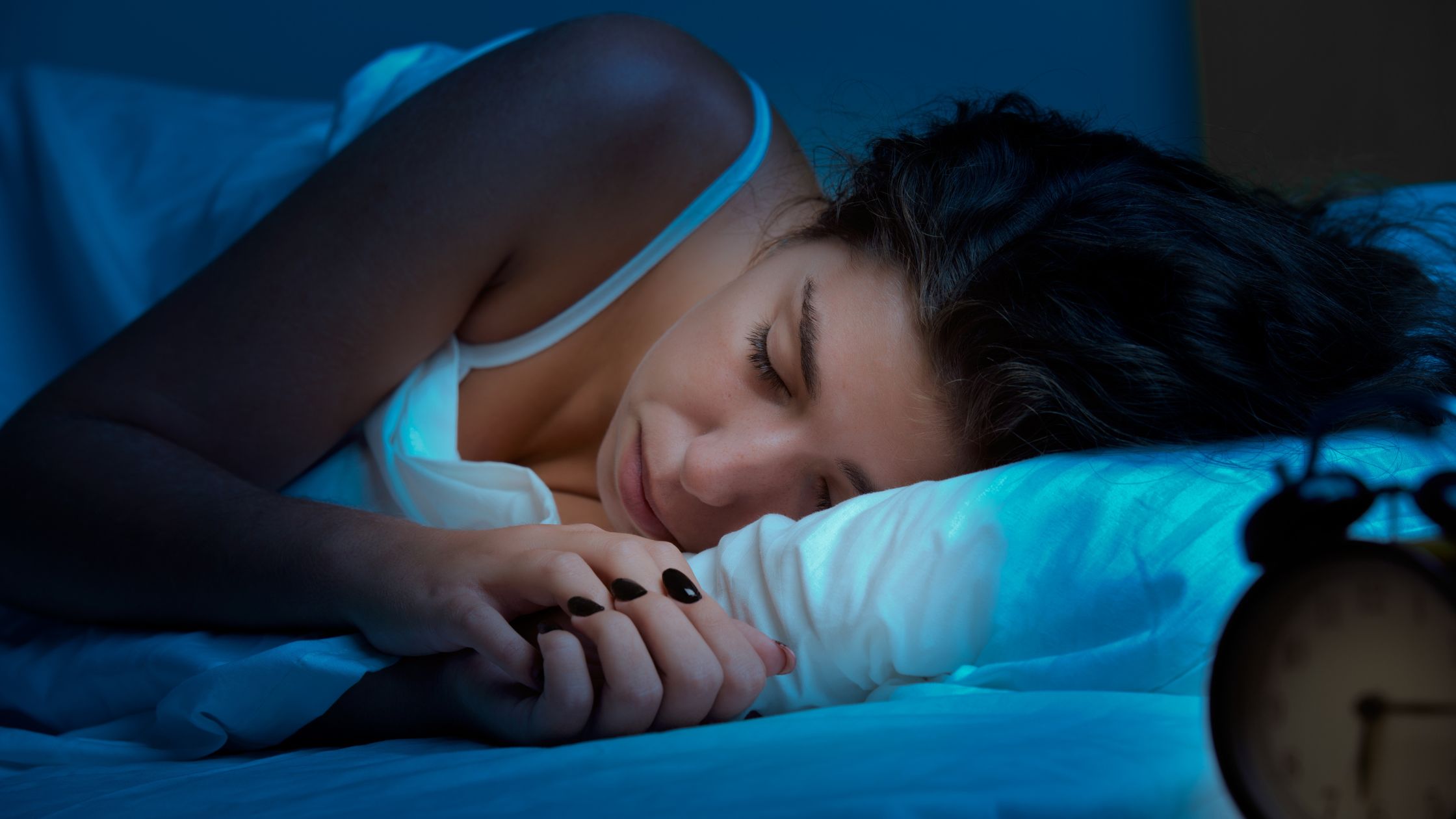Why Do I Wake Up Tired and No Energy?
There’s nothing quite like waking up in the morning feeling refreshed, rejuvenated, and prepared to conquer the day. But what happens when you wake up tired, sluggish, and entirely devoid of energy? If you often ask yourself, “Why do I wake up feeling tired and with no energy?” you’re not alone. In this comprehensive guide, we’ll delve into the multiple reasons why this could be happening, even after you think you’ve had a good night’s sleep. Let’s get started.
It’s Not All in Your Head
If you’ve been facing a situation where you constantly wake up tired, it’s important to know it might not be entirely psychological. According to Philip Cheng, Ph. D., a clinical psychologist and research scientist at the Sleep Disorders and Research Center at Henry Ford Health., your condition might result from an undiagnosed sleep disorder. If you have this suspicion, it’s crucial that you consult with a doctor.
However, even without a diagnosed sleep disorder, several other factors could contribute to your morning lethargy. Here are some of the common culprits:
You Might Be Waking Up at the Wrong Time
In the realm of sleep science, we have something known as “sleep cycles.” Every night, you cycle through various stages of sleep, with each cycle lasting approximately 90 minutes. When you wake up in the middle of a cycle, particularly during the deep sleep phase, you’re likely to feel groggy and disoriented. You might be surprised how adjusting your bedtime or wake-up time by 15-30 minutes can make a significant difference.
Hormonal Imbalance Could Be at Play
Believe it or not, hormonal fluctuations can play a significant role in how refreshed you feel when you wake up. For individuals going through menstrual cycles, for instance, hormone levels can greatly affect sleep quality. There’s a point in your menstrual cycle when estrogen levels peak and drop rapidly, leading to fatigue.
Furthermore, conditions such as hypothyroidism (an underactive thyroid) and hyperthyroidism (an overactive thyroid) can also affect sleep and lead to tiredness.
Are You Consuming Too Much Caffeine?
Yes, that innocent cup of coffee might be the reason you’re always tired. Caffeine works by blocking adenosine receptors. Adenosine is a chemical that promotes sleepiness. As a result, when you drink coffee, you temporarily push away your sleepiness. However, when the caffeine wears off, the accumulated adenosine floods your system, making you feel tired. It’s a deceptive cycle and one you might be unknowingly trapped in.
Your Alcohol Consumption Matters
It’s a common misconception that a nightcap helps you sleep better. While it’s true that alcohol can make you fall asleep quicker, it adversely affects the quality of your sleep, resulting in fragmented sleep. This interrupted sleep pattern can leave you feeling exhausted in the morning, even if you think you’ve had plenty of rest.
Are You Eating a Balanced Breakfast?
If you’re often guilty of grabbing a sugary donut or a bowl of cereal for breakfast, that could be the root cause of your morning fatigue. These foods cause a rapid spike and subsequent crash in your blood sugar, leading to feelings of exhaustion. A balanced breakfast, rich in proteins, healthy fats, and fiber, could be the key to kickstarting your day with energy.
Do You Understand Sleep Inertia?
Sleep inertia refers to the groggy feeling you get immediately after waking up. It’s a normal part of the waking process and can last from a few minutes up to an hour. If you’re waking up and immediately feeling the need to be active and energetic, you might be mistaking normal sleep inertia for excessive tiredness.
Your Nighttime Routine Could Be the Culprit
What you do before going to bed could greatly affect your morning energy levels. Consuming caffeine late in the day, being exposed to blue light from electronics, and sleeping in a room that’s too warm can all contribute to poor sleep quality and result in morning tiredness.
The Bottom Line
If you’re frequently waking up feeling tired and without energy, understanding these factors can help you make adjustments and improve your sleep quality. From looking at your caffeine consumption to evaluating your room’s temperature, small changes can lead to big improvements.
Remember, good sleep hygiene is essential for waking up refreshed and prepared to tackle the day. Your sleep is as crucial as your diet and exercise when it comes to overall health and well-being. Don’t overlook it.
Further Reading: Here’s Why You Keep Waking Up At 3 am






